29 Nov Flexible Spending Account Year-End Spending
Employers with a flexible spending account (FSA) benefit may want to remind participants that they must “use it or lose it” before the end of the plan year. Also, they should know that under the Affordable Care Act, the amount allowed for this pre-tax set aside is being capped at $2,500 for 2013.
What prompted us to think about offering this reminder was a piece on WBZ-radio that suggested how to use unspent money by year-end:
- Pre-pay the kid’s orthodontist for their braces
- Get your teeth cleaned, get the kids to the dentist over school vacation as well
- Pre-pay your dentist if you are having dental work such as implants or crowns
- Get an eye exam, an extra pair of glasses or prescription sunglasses.
- Weight loss programs– here you need a note from your doctor that you need to lose weight to treat a specific medical problem such as diabetes or high blood pressure, pre-pay the membership fees
- Want to quit smoking? – same route get a doctor’s note and pre-pay the program fees
- Stock up any over the counter (OTC) drugs you use normally such as Claritin and aspirin
- Lasik eye surgery which is normally not covered by insurance
Knowing the FSA limit is capped, consider that offering health savings accounts (HSA) may be a more valued benefit and will reduce paperwork. The HSA also offers a pre-tax benefit but any unspent money rolls over to the following year for each participant. According to this article from Forbes,the Treasury Department has not yet ruled on proposals to roll-over unspent FSA dollars.
Why consider an HSA? Half the U.S. population spends an average of $233 for health services annually. If they are participating in a$3,000 high deductible health plan with an HSA benefit but only spend $233,they get to keep $2,767 in the bank. If healthy employees spent only $233 per year for health services and kept the balance, they would have $27,670 after ten years. That’s a nice nest egg to pay for qualified medical expenses as they age such as:
1. Health insurance premiums under COBRA continuation coverage.
2. Health insurance premiums while receiving unemployment compensation.
3. Medicare Part A and Part B premiums.
4. A qualified long-term care insurance contract.
Eligible medical expenses for HSAs are defined in Section213(d) of the Internal Revenue Code. A complete list is available from the IRS in Publication 502 (Medical and Dental Expenses) by visiting www.irs.gov
Again, this is just a reminder that there are opportunities to enhance your benefit offering and lower costs without incurring additional expenses. Give us a shout if you would like to explore these options further.



